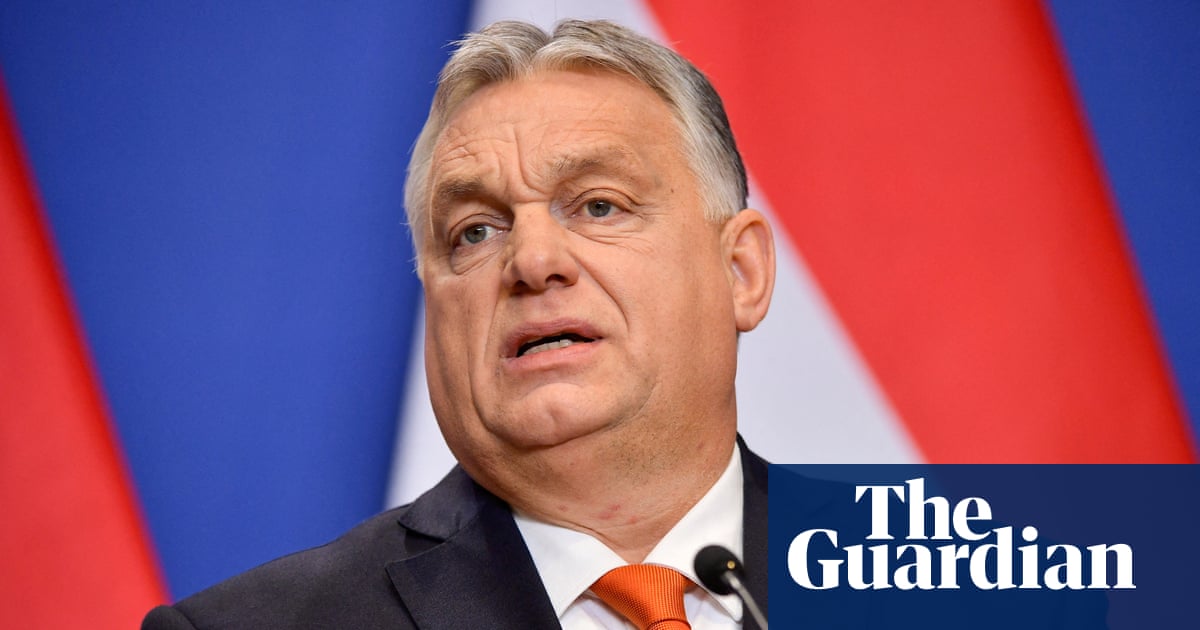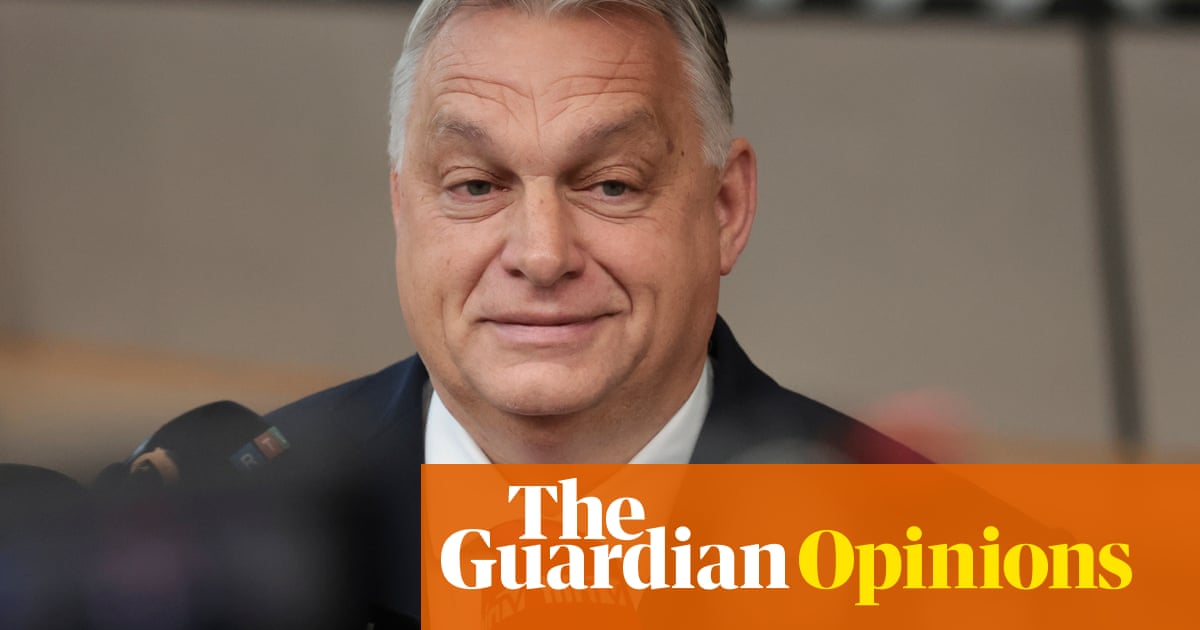
he Hungarian parliament, which has a two-thirds majority in favour of the prime minister, Viktor Orbán, passed a bill on Monday 30 March that extended his already strong powers. The bill, not supported by most opposition MPs, gives parliamentary authorisation to prolong the state of emergency the government declared on 11 March in light of the coronavirus pandemic. As a result, the few remaining checks and balances in Hungary will cease to exist, with the government ruling by decree with hardly any legal supervision. No elections and no rallies can be held. Hungary has become a textbook case of how coronavirus can be abused for authoritarian ends.
There is no sunset clause in the text, so the state of emergency will be in force for as long as the government wants. Changes to the criminal code mean the publication of facts that interfere with the “successful protection” of the public could be punished by five years in prison – a clear message to journalists. The government now also wants to effectively take over the running of local municipalities through supervising the decisions of directly elected leaders.
The constitutional court could theoretically overrule the decisions implemented during the state of emergency, but given that its rights have been curbed and it has been stuffed with pro-government loyalists in recent years, we cannot expect that it will serve as an effective counterweight to the cabinet’s power. Likewise, although the parliament could officially terminate the state of emergency, it won’t. Orbán’s Fidesz-KDNP has a comfortable and loyal majority; there has been not a single case in the past 10 years when Fidesz MPs have not supported a governmental decision.
Why is Orbán doing this? For two reasons. The first is to label the opposition as the “supporters of the coronavirus”, instead of supporters of the people, winning the political debate in advance.
Second: he sees this as the ideal opportunity for a power grab. When death is in the air, people tend to rally around their national flag, and their attention is narrowed. While the opposition and the free media covered the enabling act widely, the average Hungarian has seemed less concerned. He or she is more interested now in where to buy face masks.
Strategically, Orbán knows that this is the perfect time to act: every country is dealing with how to save the lives of their citizens and at the same time avoid total economic collapse. In times of such crises, countries are becoming more inward-looking. Foreign policy, in general, becomes less important. Human rights and the rule of law in other countries are issues of little importance for most politicians and citizens.
But they should be. There are many reasons why this is not only a domestic issue for Hungary, and why the international press, politicians and institutions should pay attention.
First, Orbán is a role model for other illiberal leaders. If this experiment proves successful, many others will be encouraged to follow his path. If Hungary is not put in a political quarantine, a new wave of illiberalism will sweep through Europe, especially in the east. While there was strong criticism for Orbán’s latest move from many directions, the most important leaders of the biggest EU member states have remained silent about the enabling act. The president of the commission tweeted that emergency situations will be examined in all member states – without naming Hungary.
Second, Orbán is working hard to tarnish the image of western alliances. While Hungary received €5.6bn to help protect it from the pandemic, members of its ruling class have been loudly accusing the EU of doing nothing but lecturing Hungary about democracy. Orbán justifies his eastern geopolitical shift, claiming that the EU is unable to help now – unlike China and members of the Turkic Council: Uzbekistan and Turkey. Hungary buys masks and respirators from the former and also receives some from the latter two. Also, the general consensus that authoritarian regimes such as Russia and China are dealing with coronavirus much better than democracies is receiving a lot of airtime in the pro-government media.
Third, and this has received less attention, Orbán will use this as an opportunity to refashion the economy in his image. This could be bad news for some foreign investors in Hungary – especially when the economic problems worsen. The government is currently deploying a military taskforce to oversee the operation of 140 companies providing critical services (for example energy and retail) in the public and the private sectors alike. There are plans for the government to save companies – on condition that it owns the company in turn. We can expect the coming global economic slowdown and the decline of budget revenues to usher in some “unorthodox” economic measures that go against mainstream economic policies. Multinational companies will likely face levies, as has been done before, but this time without any meaningful legal obstacles. EU funds may be redirected to line the pockets of pro-government cronies more than ever before.
The nature of extraordinary legal measures is that they are easy to introduce, but hard to undo. The “rally around the flag” effect won’t last for ever. And as the economic consequences of the pandemic become worse, Orbán may become increasingly unpopular – and the situation more desperate. The temptation to keep the emergency measures in place may become even stronger as the 2022 elections approach.
Péter Krekó is a political analyst and social psychologist. He is the director of the Budapest-based Political Capital Institute












